

A darkly funny, gory, and ghostly horror novel. Which is not my usual genre so let's see where this one goes.
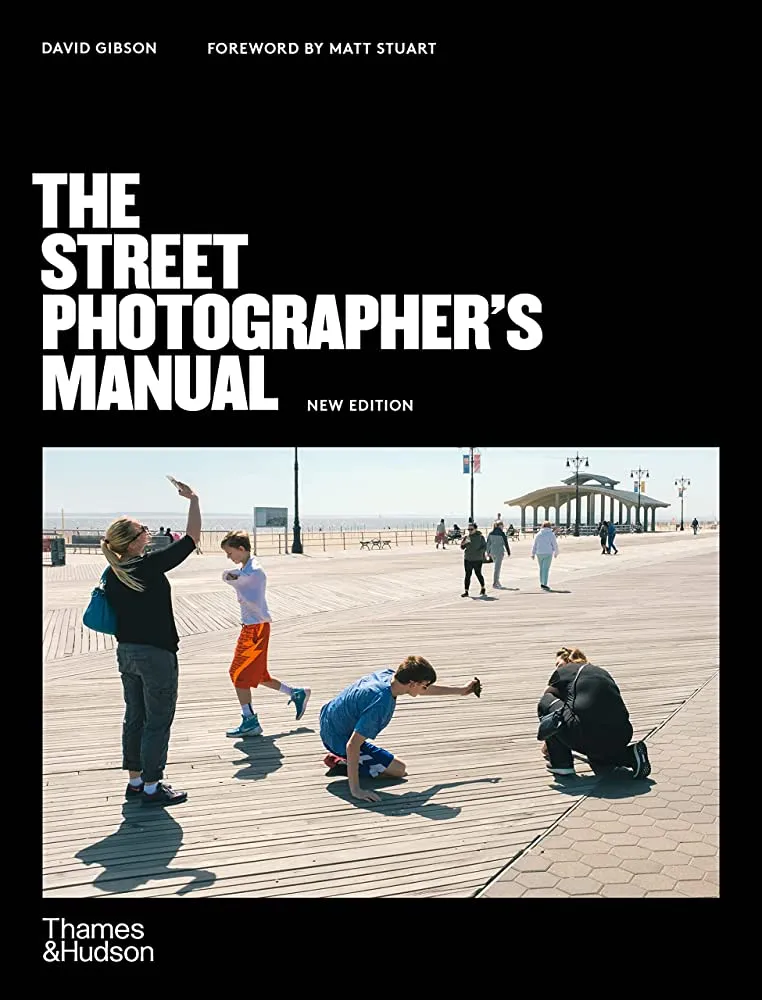
The Street Photographer's Manual celebrates the spirit of street photography with inspiring instruction to help you capture the perfect urban moment.
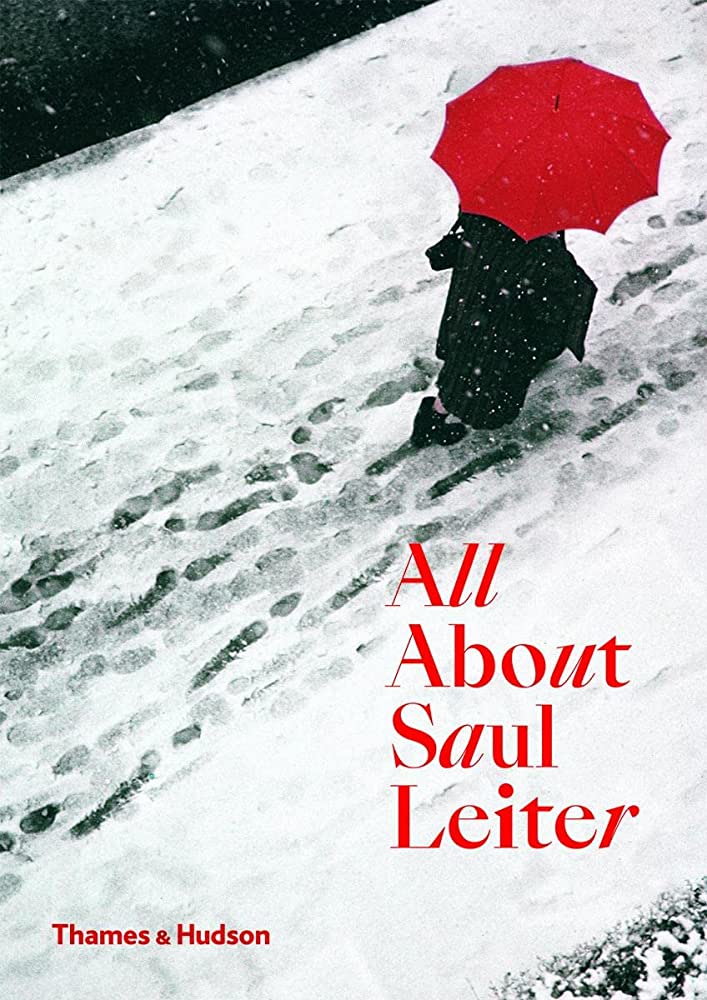
A collection of Saul Leiter's photographs, words and paintings.
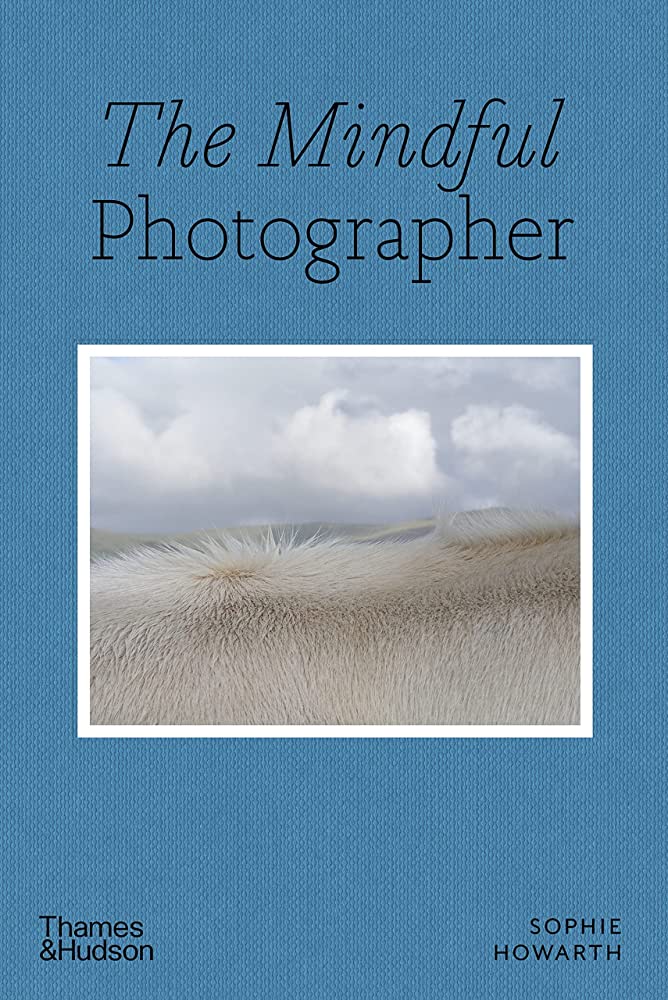
Reads more like a mindfulness book with quotes from photographers rather than a book about photography. But I really enjoyed the different genres of photography and photographers covered. Especially because it led me to discover Kate Kirkwood's gorgeous landscapes layered with cow spines (you didn't read it wrong.)
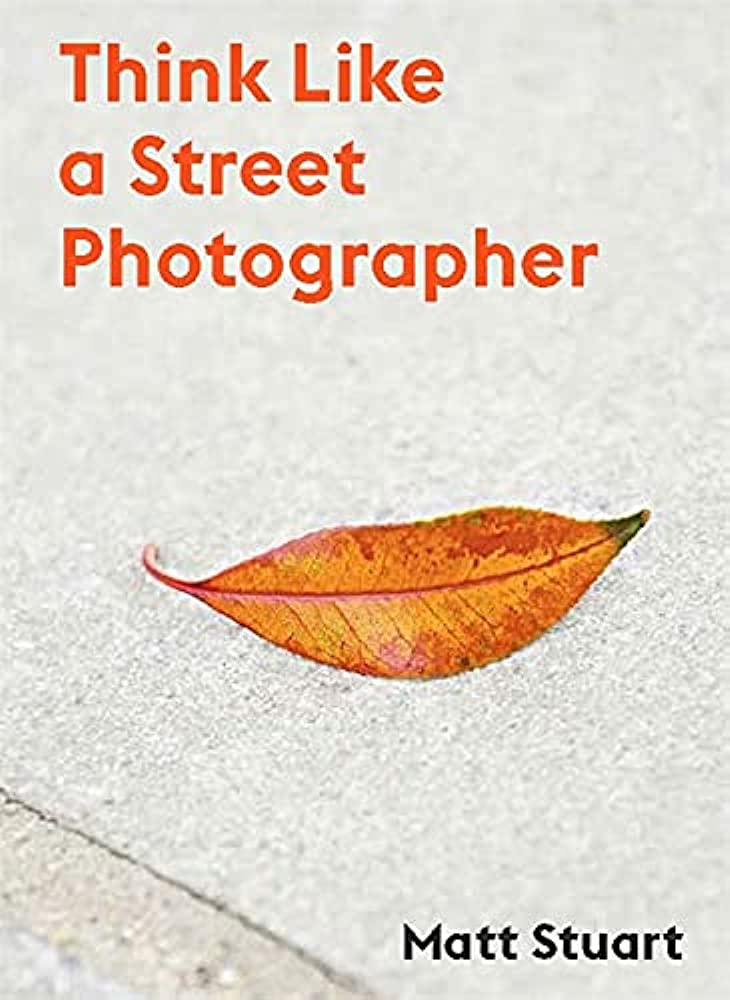
I love Matt Stuart's humour in his photographs. This is a cute little book, easy to read, a light-hearted guide to street photography. True to its title, this is not a book to learn about composition, colours, how to operate your camera and more about the author's experience photographing the street. Really enjoyed it.
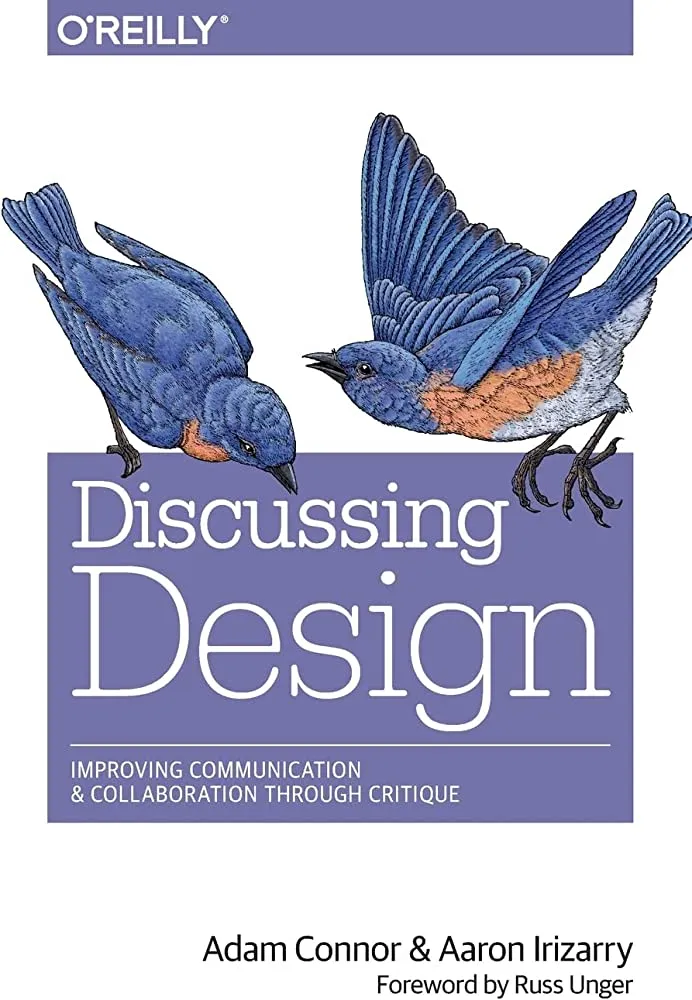
The first half of the book is chock full of great and actionable advice for feedback giver and receiver of the design crit. The second half is a little repetitive but contains examples of how to respond to difficult situations in a crit. I'd definitely reach for this book often.
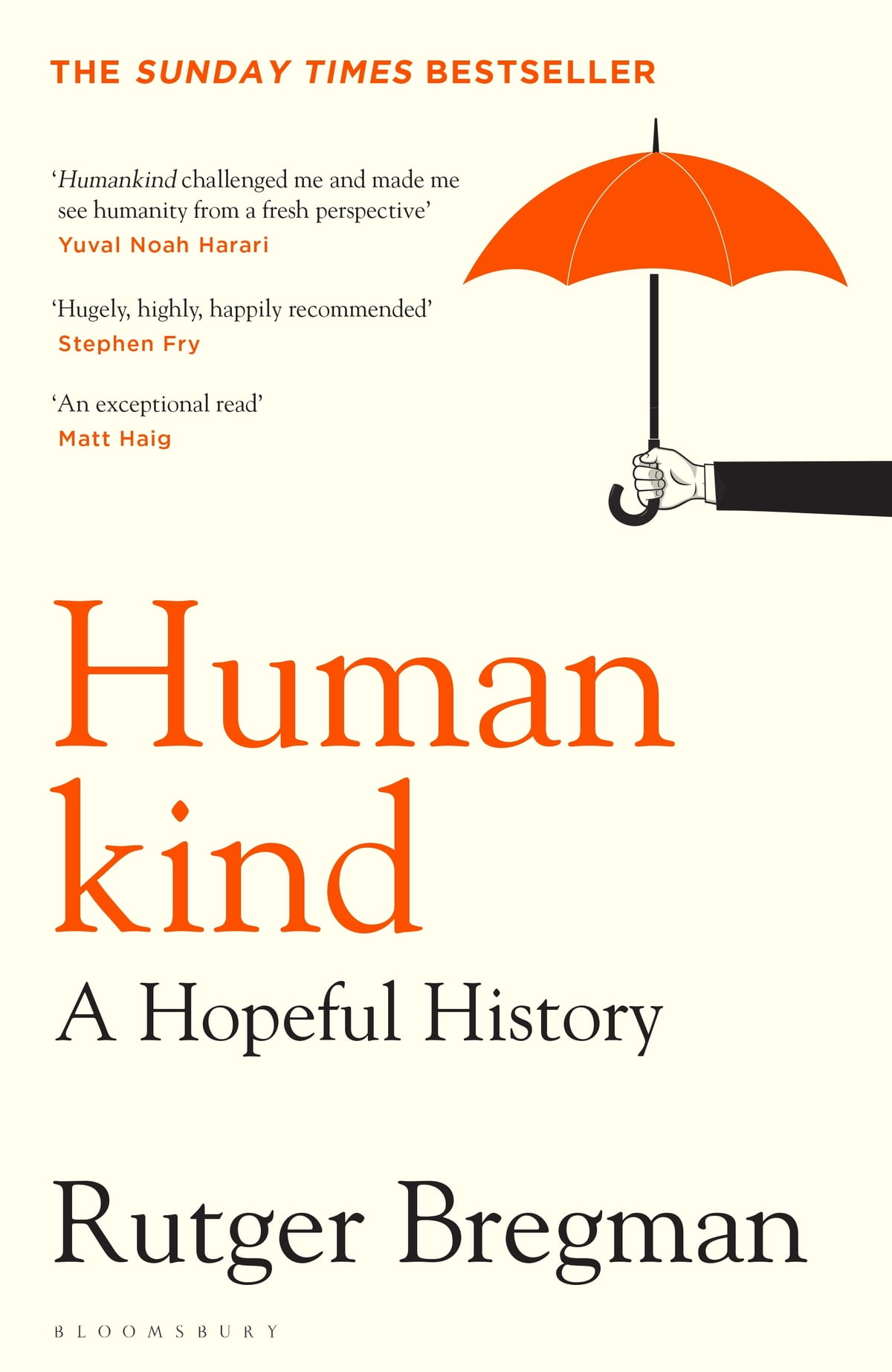
Rutger Bregman writes this book in an earnest and humorous tone, outlining a different perspective for looking at our human history. He contrasts 2 central beliefs: one of the savage human, or the Hobbesian view and the other of Rousseau – that we're in essence good. It's inherently a feel good read. The critiques of the book pointed out a more nuanced view, that as a species, we have the capacity to use culture to manufacture our own human nature, whether for good, or for evil.
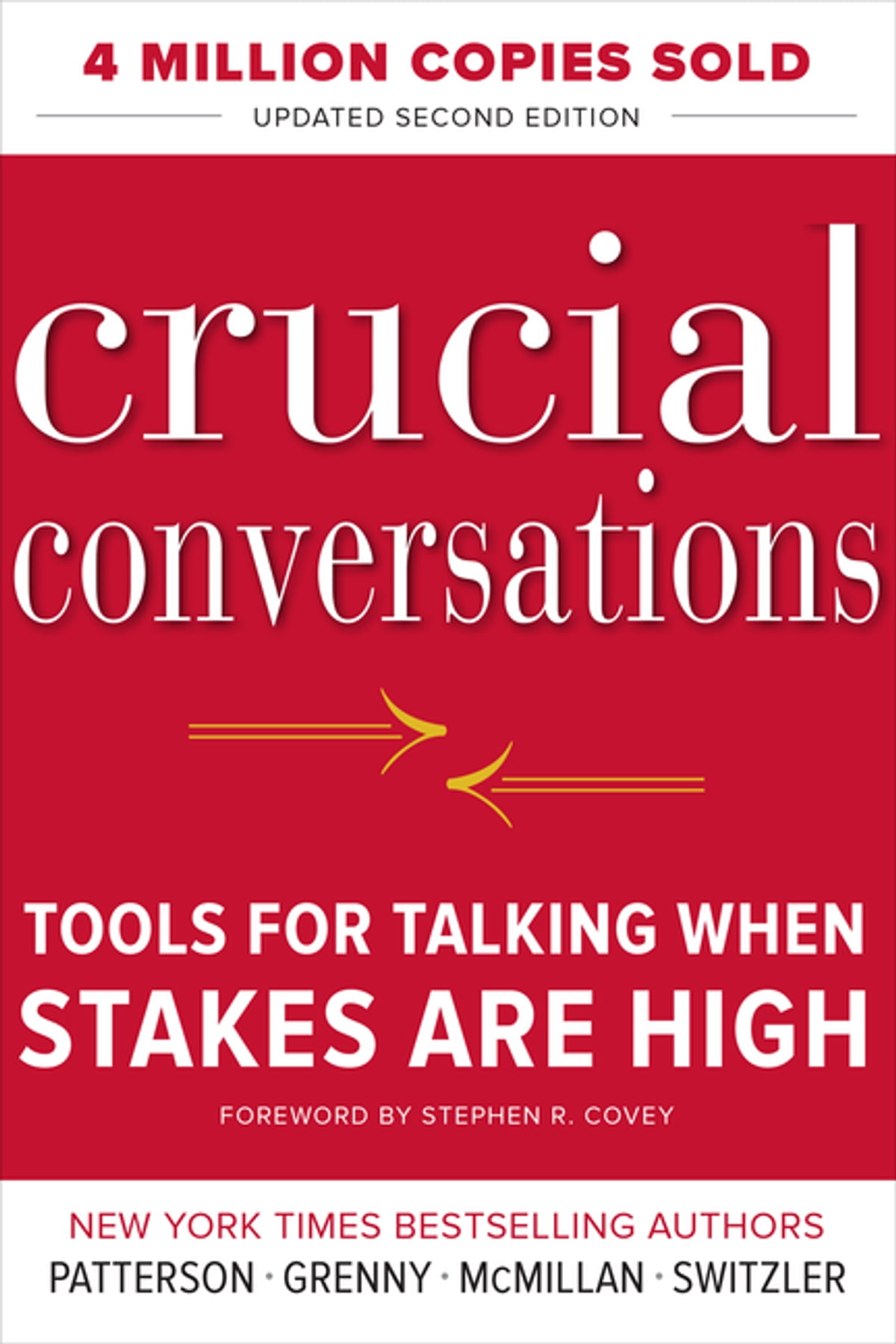
I always reach for this book when I need to approach a potentially difficult conversations. Highly recommend to navigate workplace conflicts and everything else really.
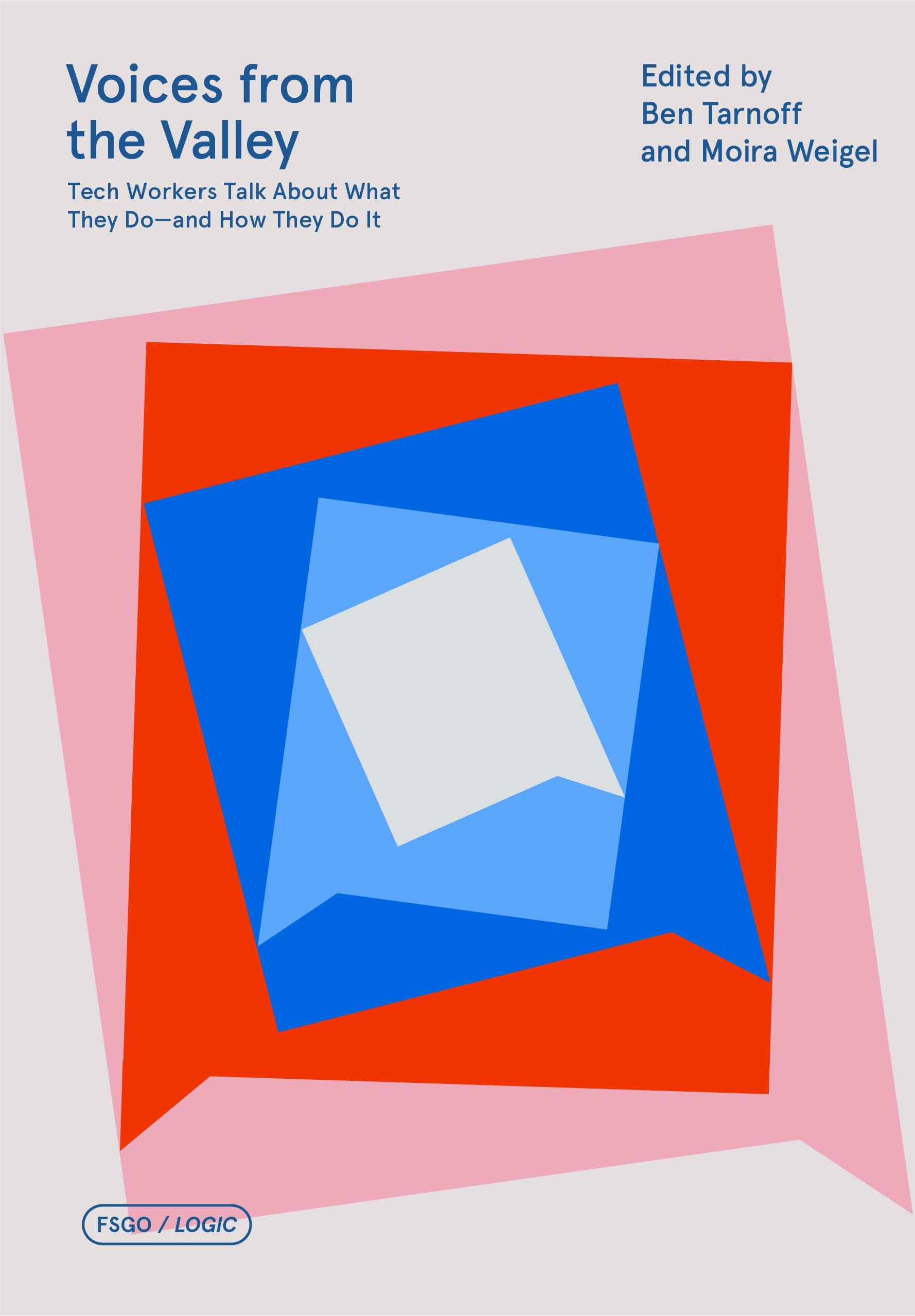
Interesting perspectives from tech workers and workers in tech who aren't your typical software engineers, designers.
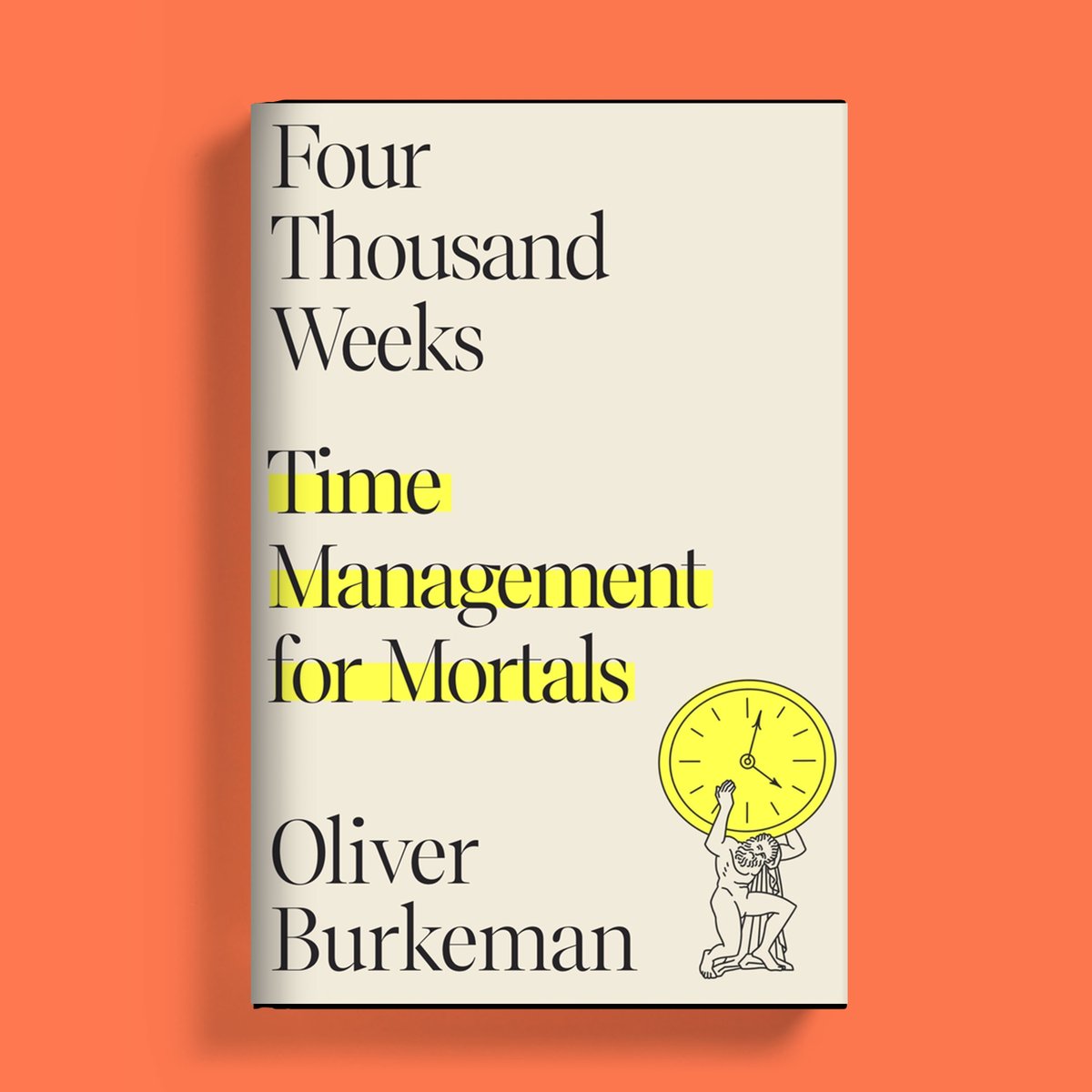
I thoroughly enjoyed Four Thousand Weeks and mind you, I felt called out by the book several times, but only for my own good. The book's central idea is simple, that productivity hacks, hustle culture, the need to control time are pointless. We are merely expecting and trying to achieve the impossible. We are never going to get everything done, please everyone, and not everything is going to go exactly the way we want, no matter how hard we try to GTD. If anything, we're running away from facing reality with our worries and over-planning. So the advice is simple: "Confront and accept our limitations. Let time use you, respond to the needs of your place and moment in history."
I really love the idea that we should let things take the time it takes. Reading for example, isn't something to be rushed. Or admiring an artwork. Or simply taking a breath and appreciating this odd, unlikely existence.
Another idea from the book that really resonates with me is that the more we try to cram things into our days, the less likely we are to ask whether these are really things we really want or need to do, the less likely we are to question if these activities are the best use of our time. If we don't have to decide what's important, what's really worth spending our time on, nothing really means anything.
There are so many more great ideas and advice from the book that I hope to memorise, understand truly, deeply to apply to my daily life. I can't write them all down in this corner of the internet so if you're like me, wanting to learn how to live a life (and maybe have experienced or are experiencing burnout as the result of growing up with hustle culture), you should read this book.
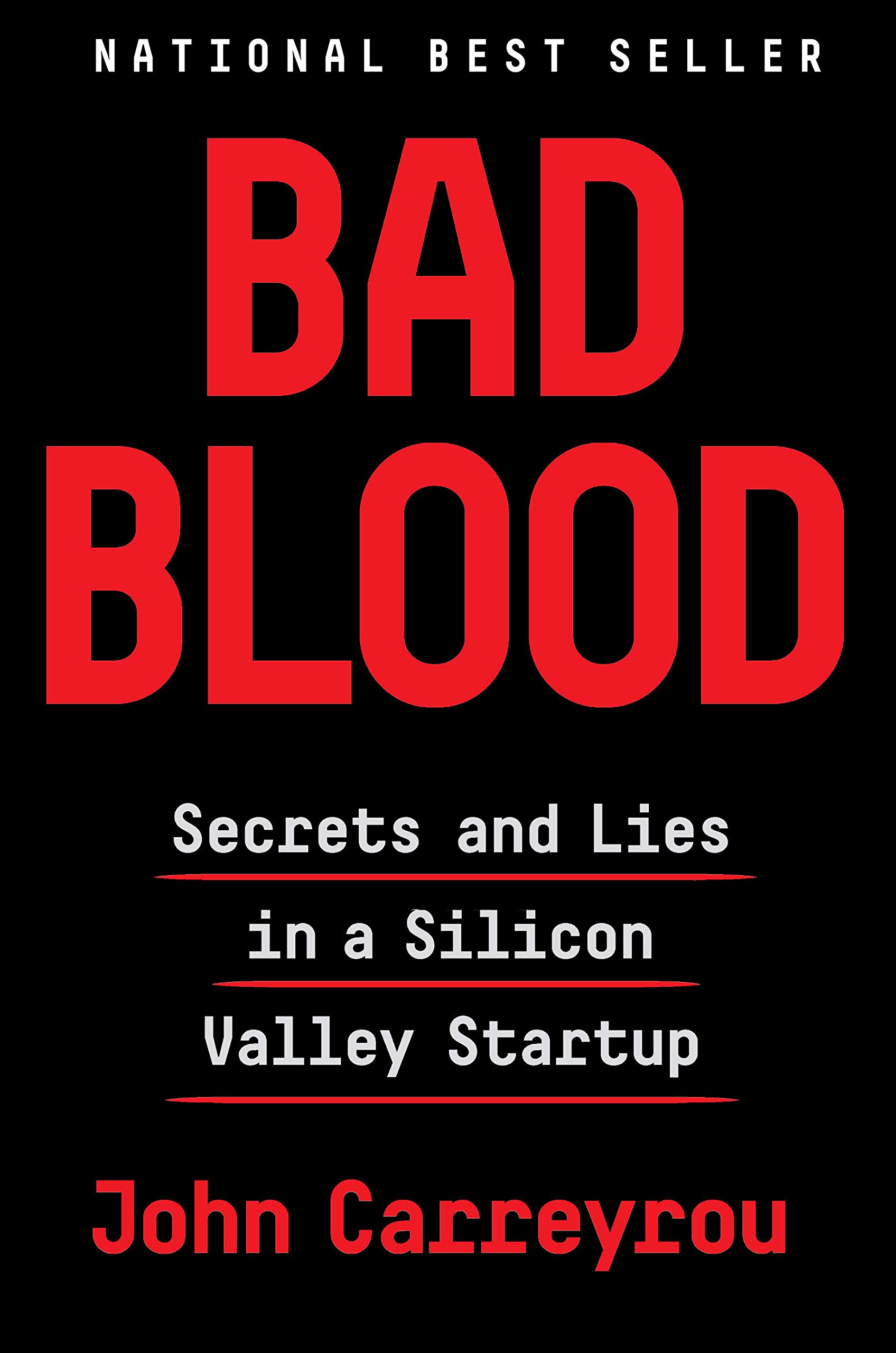
I've been slightly obsessed with John Carreyrou's reporting of Theranos, chewed through his podcast, read his Wall Street Journal articles and now finished the book. It's a detailed, vivid and scathing portrayal of the becoming and eventual dissolution of the fraud medtech startup founded by Elizabeth Holmes. I think the reason why it was such a fascinating story for me is because sometimes it feels like in this industry, you can get away with everything Theranos didn't and that feels good. And it was possible because there are still brave and ethical people out there who risked their career, law suits and intimidation and fought hard for the truth to be heard. That makes me feel very hopeful.
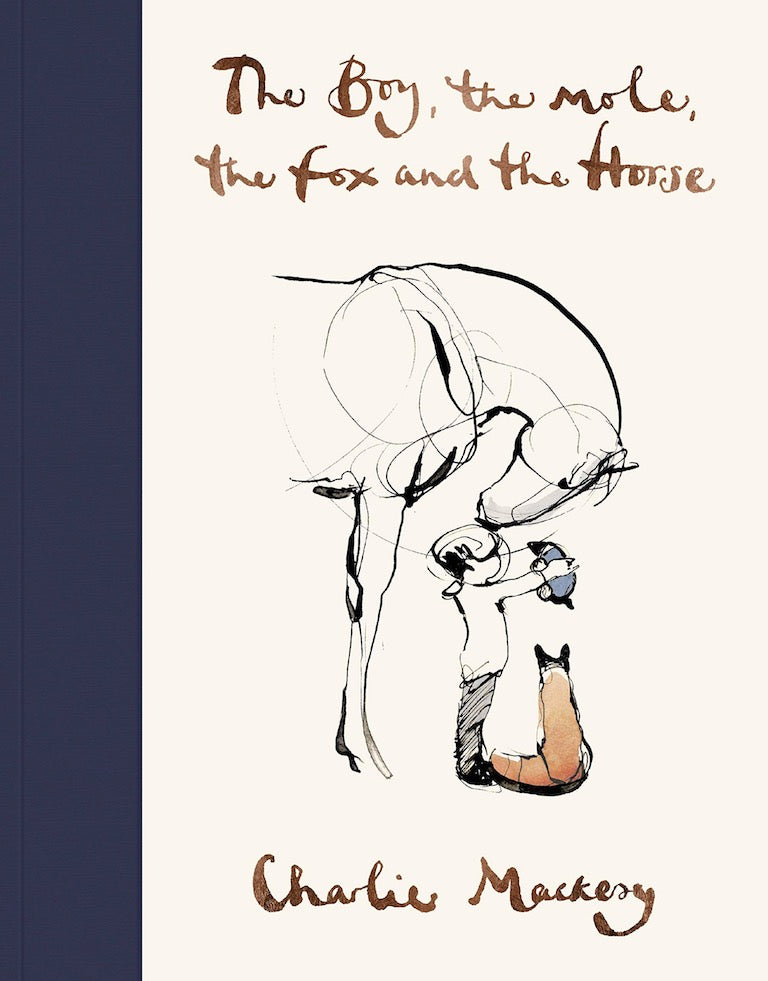
A remarkably simple and beautiful read filled with equally beautiful paintings. The book was gifted to me by a friend and old colleague. I'd like to think we aren't alone in what we experience. All the more reason for me to fall in love with this book. Will keep it within arm's reach for sure.
Sometimes we forget you know, and this book, and our friend, remind us.